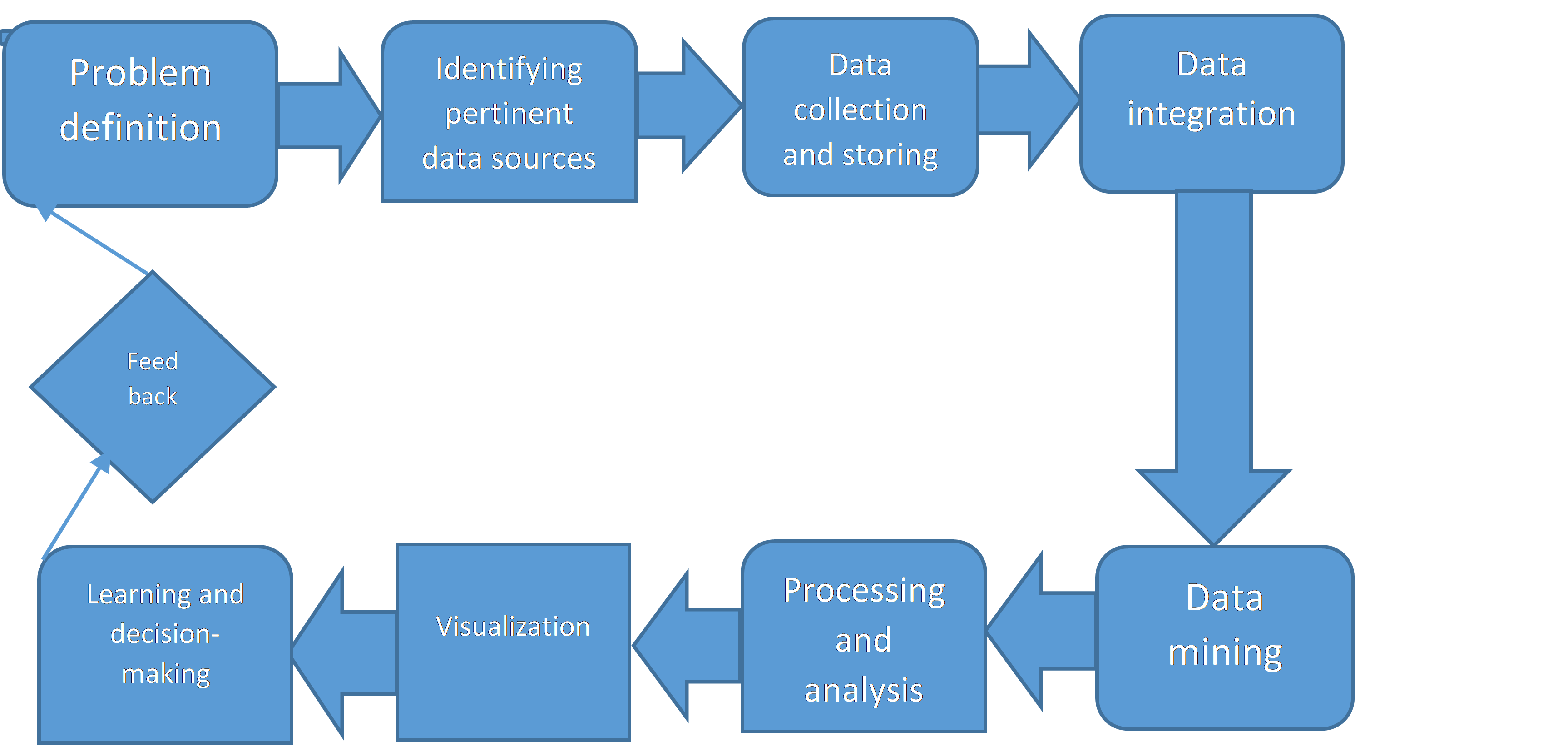Speaker: Professor Niv Ahituv, Tel Aviv University, Israel
Title: Introducing Data Science into Every
Academic Discipline, and Building an Undergraduate Program in Data Science
Abstract: The contemporary environment of a digital
world has engendered a new academic discipline of Data Science (DS), mainly
because of the need to cope with huge and diversified data -- Big Data. In
parallel, there has been a rapid progress in the development of technologies
that enable to identify patterns, to filter big data, and to provide relevant interpretation
to data, due to deep learning and sophisticated inference techniques. In
addition to becoming a full scale discipline, DS must be introduced into every
academic field, ranging from Humanities via Social Sciences, Law, Management,
and up to Life Sciences, Medicine, Engineering and more. In fact, every student
commencing an academic program should have some fundamental savvy in DS,
similar to mastering basic knowledge in English or Math.
The Israeli National Academy of Sciences and Humanities
(hereafter – the Academy) has formed an ad-hoc committee whose mission is to
suggest how to build a course that introduces DS campus wide. The course should
be tuned to each academic discipline, and should be mandatory. In parallel, The
Council for Higher Education (MALAG) has formed a committee whose task is to
define the subjects and courses to be offered in an undergraduate program of
DS.
Prof. Niv Ahituv is a member of the Committee of the
Academy, which is close to making its recommendations. He also deals with
delineating an undergraduate program. He is also the Chairperson of a special
committee of the Ministry of Education of Israel that develops a concentration
program for grades 10 to 12 in high schools entitled “Identifying and Retrieval
of Digital Information”.
The basic model of DS is the Data Cycle, which looks as
following[1]:


This is a generic model which holds for any decision making
problem, be it an academic research, a business decision problem, a personal
choice, or a public sector decision. Each step in the Cycle requires different
tools and approaches. The talk presents a prototype of an undergraduate program
in DS, as well as a suggestion for a campus-wide mandatory course.
[1] Niv Ahituv, What Should be Taught in an Academic Program of Data
Sciences?, Digital Presentation and Preservation of Cultural and Scientific Heritage.
Conference Proceedings. Vol. 9, Sofia, Bulgaria: Institute of Mathematics and
Informatics – BAS, 2019. ISSN: 1314-4006, eISSN: 2535-0366
Bio: Professor Niv Ahituv is a Professor Emeritus of Tel Aviv
University (TAU). He retired in 2011 after serving for 30 years in TAU. In
addition to being a researcher and lecturer in TAU, he served in the following positions:
2003 to 2011 – Founder and Director of the Institute for Internet
Studies; 2009 to 2012 – Director of the Institute of Business Research;
1999 to 2002 – Vice President and Director General (CEO) of TAU; 1989 to
1994 – Dean of the Faculty of Management.
From 2006 to 2008, he was a team member in a research
project for the EU on e-Government for Low Socioeconomic groups (ELOST). From
2010 to 2014, he was a member of a research consortium of the project PRACTIS
(Privacy - Appraising challenges to Technologies and Ethics) supported by the
EU.
He has published several books, chapters in book, and
numerous articles. In a worldwide ranking of scientific publications in
Information Systems published from 1985 to 1990, Professor Ahituv came out in
third place.
He holds degrees of B.Sc. in Mathematics, MBA, and
M.Sc. and Ph.D. (1979) in Information Systems Management.